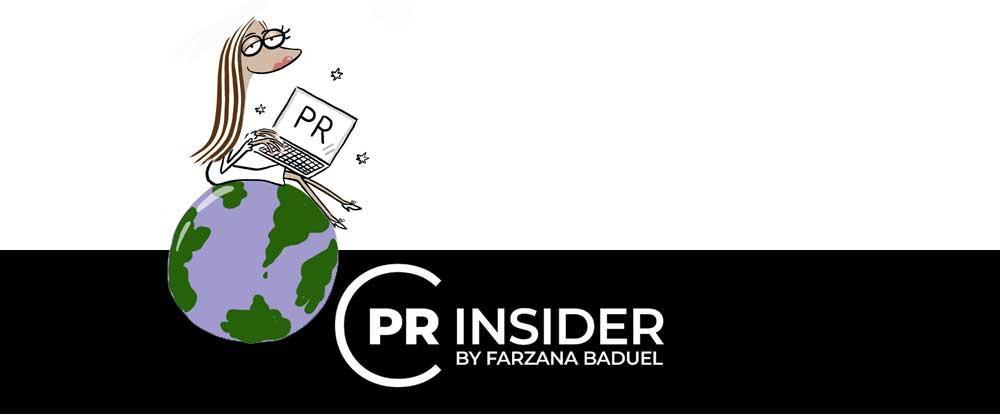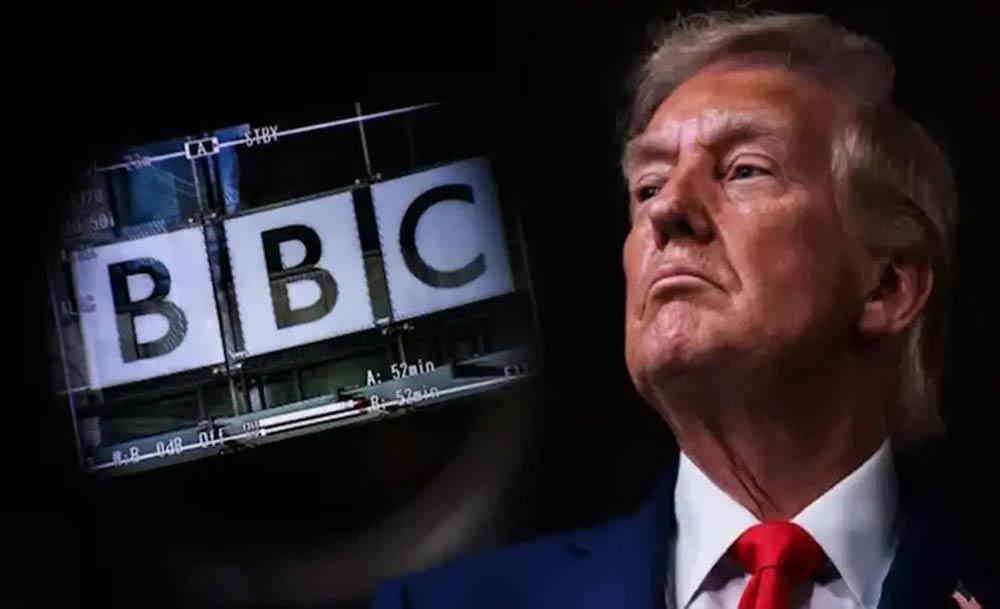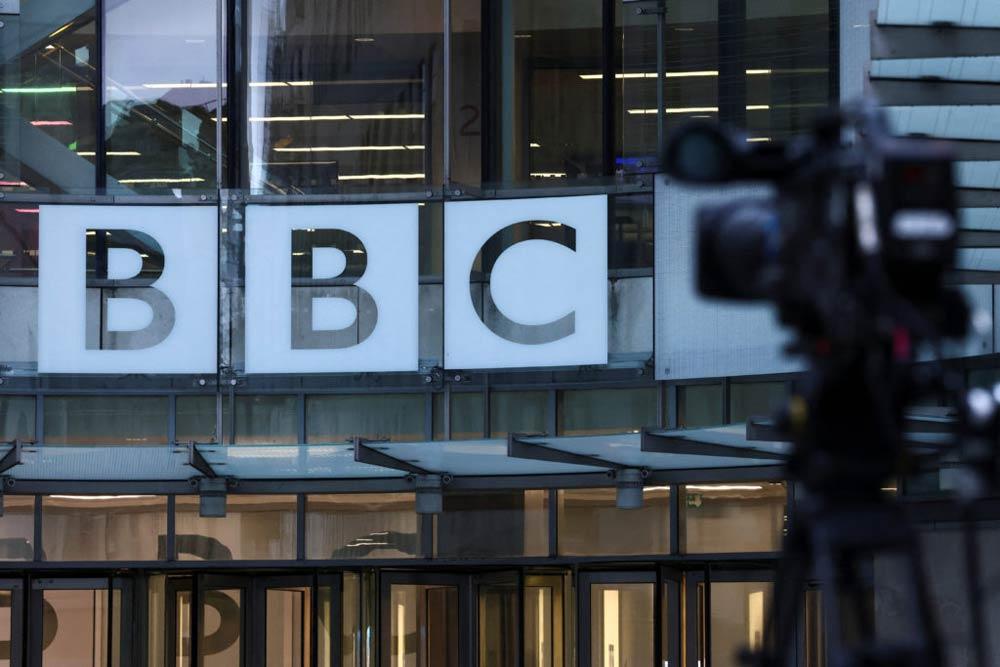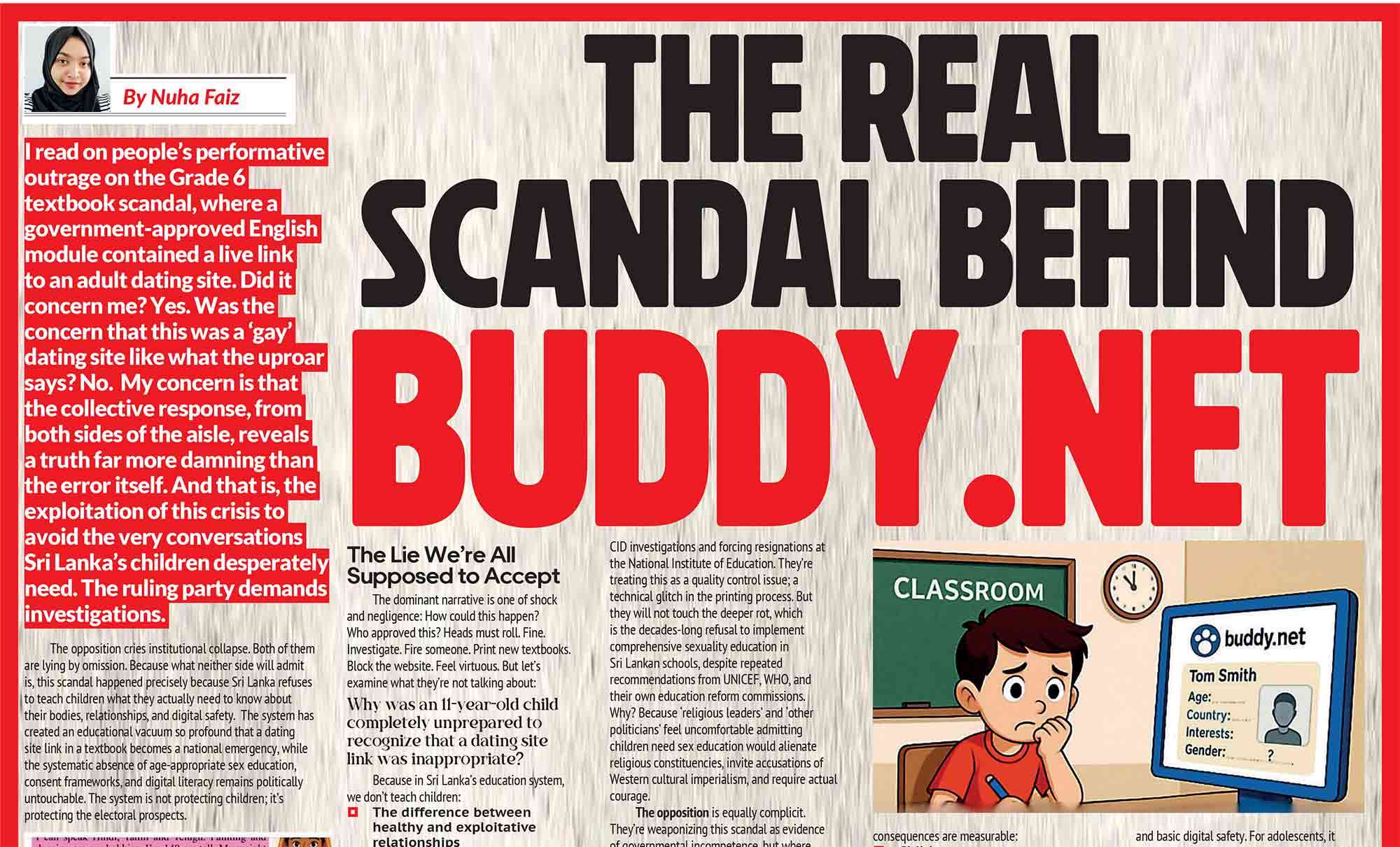

THE PR INSIDER BY FARZANA BADUEL

There are very few media organisations in the world that genuinely transcend their national borders. Many outlets are well-known globally, of course, but the vast majority are read primarily within their own countries or among their diaspora. Truly global news institutions, those that shape conversations in multiple continents simultaneously are rare.
The British, for decades, have been particularly adept at producing these international heavyweights. The Economist, The Financial Times, The Guardian, the Daily Mail, and Sky News all enjoy readerships well beyond the UK. But the jewel in the crown, the most recognised, respected, and widely consumed British media export, has always been the BBC.
For those of us working in public relations, we know that trust is the cornerstone of any brand. It takes decades to build, a lifetime to cultivate and only minutes to lose. Trust collapses when there is a values gap: the distance between what an organisation claims about itself and how it behaves. And it is this values gap that now sits at the heart of the BBC’s deepest crisis in decades.
The BBC positions itself as impartial. Impartiality is not merely a tagline; it is the bedrock of its global authority. Yet it is that very principle that has been called into question in recent weeks, after a Panorama documentary spliced together two sections of President Donald Trump’s speech that were in fact over fifty minutes apart. The edit altered the meaning of the speech, and while some may argue about intent versus error, the result was unquestionably a failure to meet the BBC’s own standards of accurate representation.
The documentary aired over a year ago, but it only exploded into public view when a rival British media outlet surfaced an internal memo that had been circulating within the BBC raising concerns about the edit. Here is where PR becomes relevant: timing is everything.
In crisis communications, when something problematic surfaces internally, the race begins immediately. The only winning strategy is to take control, to surface the issue yourself, on your own terms, with transparency and accountability. That is good PR. Waiting for someone else to break the story hands the narrative, and therefore the reputation, to another party. Waiting until a competitor, especially one who already views you with unfair advantage, surfaces the story is a guaranteed way to appear evasive or deceptive, even if the original mistake was unintentional.
The UK media ecosystem is unique. Many outlets privately (and sometimes publicly) believe the BBC enjoys an unfair advantage. While it is not government-funded directly, it is funded by TV licence fees, a mandatory charge paid by British households. This funding model protects the BBC from the commercial pressures faced by other media organisations, which must rely on advertising revenue to survive. They naturally envy the BBC’s advantage.
So, when a BBC misstep emerges, those competitors do not merely report on it, they pounce. And because many of them also have global audiences, the damage spreads far beyond the UK. Within hours, the BBC was no longer the outlet covering global news; it had become the global news.
Then, in a perfect storm of timing, personalities, and politics, the story found its way to the one man guaranteed to turn a spark into an inferno: President Trump. He has spent years accusing media outlets of “fake news”, and having successfully sued media organisations in the United States, he has now set his sights on the BBC. He is reportedly seeking between US $1 billion and US $5 billion in damages.
Truth, here, is stranger than fiction. The idea that the British public’s compulsory TV licence fees, money paid each year by millions, could end up financing a payout to an American president is the kind of geopolitical absurdity that no screenwriter would dare propose. And yet, here we are.
As is common in crises of this scale, senior leadership fell on their swords. The BBC’s Director-General, Tim Davie, resigned, followed by its Head of News, Deborah Turness. But this was not sufficient to satisfy Trump, nor did it fully quell public anger.
UK media lawyers are now scrambling to determine whether Trump can, in fact, sue. Some cite the one-year limitation period for defamation claims. Others point to the statutory cap on damages in the UK, which would fall far short of a billion dollars.
Still others note that Trump went on to win an election after the Panorama programme aired, which raises the question: how do you prove reputational damage to a man who demonstrably did not suffer a political setback?
Another legal wrinkle: the documentary aired in the UK, not globally. Under what jurisdiction and under what harm does Trump claim injury?
Amid this legal and political theatre, there lies another ticking clock: the BBC’s ten-yearly review by the UK government, coming up in 2027. Culture Secretary Lisa Nandy has already raised concerns about political appointees on the BBC Board.
And this is where PR, governance, and contextual intelligence intersect.
In the PR profession, we are taught that contextual intelligence, the ability to understand the landscape in which you operate is essential. We are also trained to identify risk, mitigate it where possible, and prepare for it where mitigation is not possible. Anyone looking at the BBC’s brand proposition; impartiality, should have immediately identified a glaring vulnerability: a board whose members have clear political affiliations.
How can an organisation claim impartiality when its own governance structure risks the perception of political influence? This was not a black swan event i.e. something unforeseeable. This was a grey rhino; large, obvious, and charging directly toward the organisation while many looked away.
I do not blame the BBC’s PR professionals. I know many PRs across sectors who spend their careers sounding the alarm, only to be ignored or sidelined. Communications professionals are often the conscience of the organisation, they see risks early, they understand reputation deeply but too often they do not sit at the leadership table where decisions are made.
This is precisely why I advocate for PR professionals to be part of senior leadership, even at the board level. They are the organisational early-warning system, the eyes, ears, and ethical compass. When they are excluded, consequences like this become inevitable.
As someone who has worked with BBC journalists for over sixteen years in public relations, I know their standards, their commitment, their processes. It is a culture built on rigour. BBC journalism, at its heart, is not cavalier or sloppy; it is, in my experience, deeply conscientious.
What has happened here is not the product of a decaying newsroom culture but of structural weaknesses, reductions in resources, years of political interference, and a governance system that leaves the world’s most trusted broadcaster vulnerable.
The BBC is affectionately known in Britain as “Auntie”. And like many British institutions, Auntie has aged, but she remains a figure of immense respect. Weakening her does not merely damage the BBC; it weakens global journalism.
We must remember that while there are, of course, failings in the British media, as in all national media, the UK has produced some of the world’s highest-calibre journalism. Many journalists accept low pay, gruelling hours, and significant personal risk to expose corruption and hold power accountable. This recent incident should not be weaponised to delegitimise those who work tirelessly and ethically.
Because the alternative, a world dominated by influencer news, algorithmic manipulation, deepfakes, conspiracy-driven creators and content factories with no accountability is far more dangerous. Imagine a world in which information is spliced, distorted, untethered from fact and consequence. A world where those who spread misinformation have nothing to lose and are beyond the reach of regulation or litigation. Some might argue we are already there.
The Macron case, the French President suing an American podcaster for falsely claiming his wife is a man, shows that legal expectations are beginning to catch up with the digital age. But the scale, reach, and accountability of institutions like the BBC remain essential. If anything, this crisis should make the BBC stronger more cautious, more transparent, more protected from political interference.
My hope is that the BBC fights this, not only legally but morally. That it uses the 2027 review as an opportunity to modernise its governance, insulate itself from political appointment, and reaffirm the impartiality that made it the world’s most trusted broadcaster for a century.
Because a world without the BBC or a world that dismisses all media as “fake news” is a poorer, darker, and more dangerous world. Journalism is a public good, and when the institutions that preserve it stumble, we must help them stand again.

About The Writer
Farzana Baduel, President-elect (2026) of the Chartered Institute of Public Relations and CEO and Co-founder of Curzon PR (UK), is a leading specialist in global strategic communications. She advises entrepreneurs at Oxford’s Said Business School, co-founded the Asian Communications Network (UK), and serves on the boards of the Halo Trust, and Soho Theatre. Recognised on the PRWeek Power List and Provoke Media’s Innovator 25, she also co-hosts the world’s number one PR podcast, Stories and Strategies. Farzana champions diversity, social mobility, and the power of storytelling to connect worlds.











